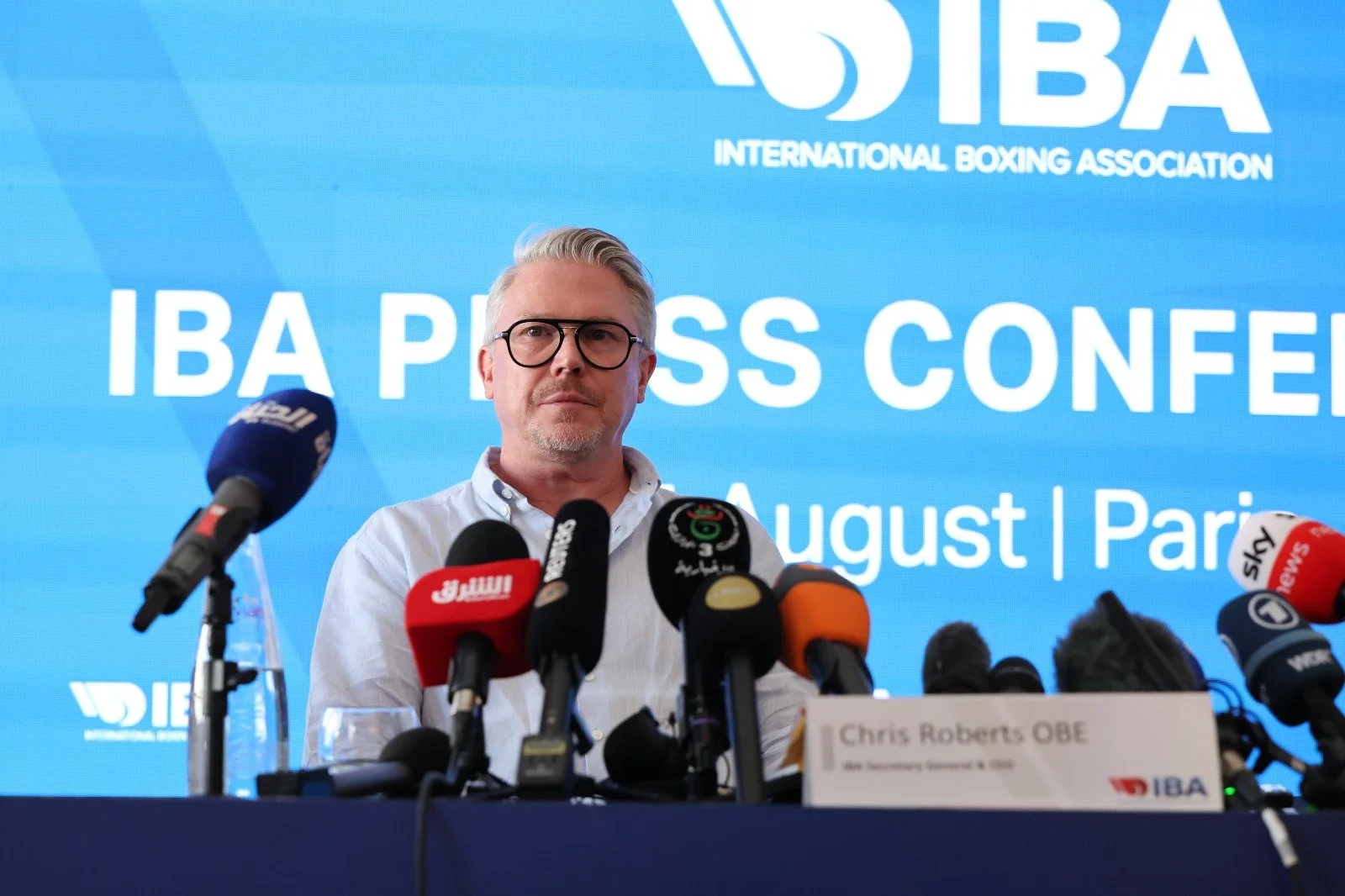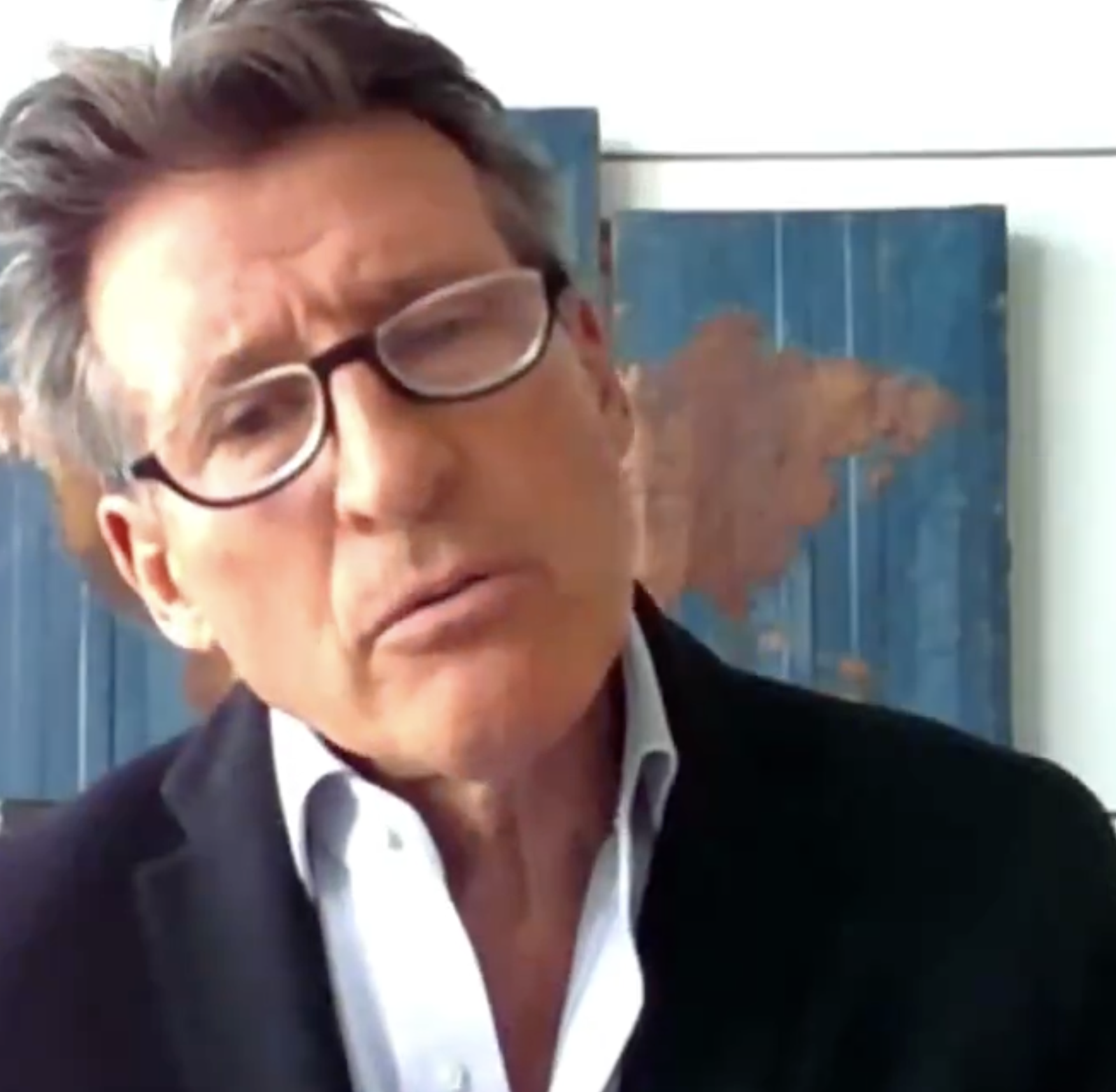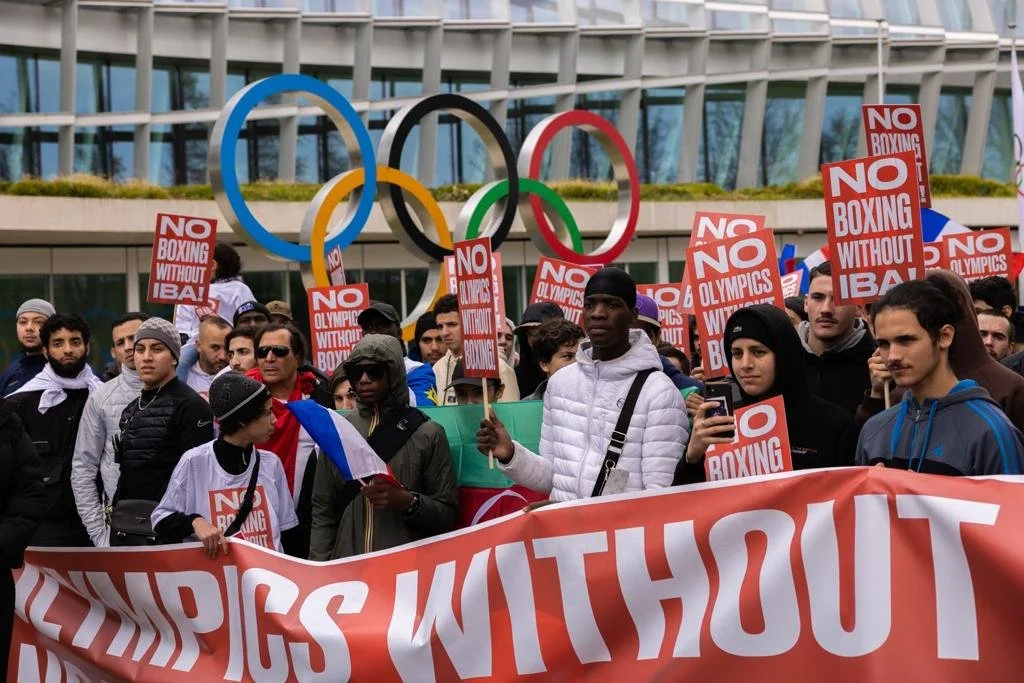PARIS – If they had been running the tournament here at the Paris Games, International Boxing Assn. officials said Monday, the Algerian and Chinese Taipei fighters now in the medal rounds in women’s boxing, both figuring in a worldwide controversy, would never have been in the ring in the first instance.
That’s because, IBA officials said, both Algeria’s Imane Khelif and Yu Ting Lin of Chinese Taipei were disqualified at the 2023 IBA women’s world championships in New Delhi upon DNA tests that showed evidence of XY chromosomes – that is, a marker each is male.
The International Olympic Committee, which is overseeing Paris 2024 boxing, opted to base eligibility on an athlete’s passport. IBA officials suggested Monday that missed the mark, noting that as of June 2023, more than a year before these Paris Games, the IOC knew about the New Delhi DQs.
In boxing, asserted Gabriele Martelle, chair of the IBA coaches commission, “When there is an unfair advantage, people can die.” He also said, “We had two cases of disqualification,” adding a moment later, “They were publicly banned because of the rules.” And: “This is a sport. We have rules. If you cannot comply, I am sorry. It’s not discrimination. It’s just the rules.”









